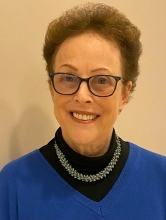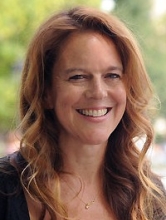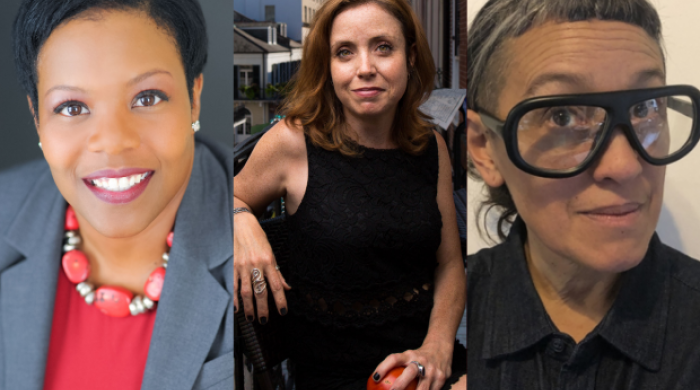A zoom webinar hosted by the NYU Steinhardt Institute for Higher Education explored the implications of gender disparities in college enrollment.
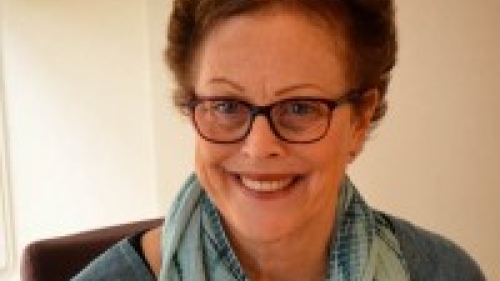
Ann Marcus
“Currently men represent less than 40% of college students, and their enrollment decline is present across all races and socio-economic statuses, and is most pronounced in community colleges,” said Ann Marcus, director of the NYU Steinhardt Institute for Higher Education Policy, in her introduction to The Missing Men: How Can Higher Education Respond?” a zoom webinar held in November.
She noted that institutional policy decisions, cultural messaging, and the coronavirus pandemic have added to the decline which will likely impact society in overt and subtle ways.
“If men do not get educated, we’re soon going to have a population where opportunity is completely imbalanced for men and women and this will affect marriage patterns, family patterns, and all spheres of society,” Marcus said.
Finding Alternative Routes to Financial Success
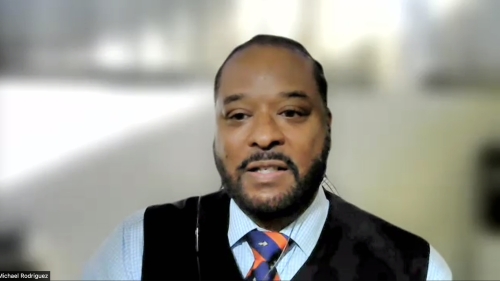
Michael Rodriguez
Michael Rodriguez, director of the Men’s Resource Center at Kingsborough Community College (CUNY), posited that for some men, education is not seen as a direct route to success and it is out-of-step with their financial goals.
“It seems to me that there’s this entrepreneurial world out there where money is made and then there's higher education, and I think there's this idea that those two don't come together,” Rodriguez said.
He added that FOMO (Fear of Missing Out) can be a large motivator in delaying education as the last ten years have brought “more and more immediate or alternative ways for men to make money without a college degree." Rodriguez explained that a student enrolled in college may have a sense that he is missing a time-sensitive opportunity that will help him to create wealth for his family.
“Higher education needs to validate this whole entrepreneurial movement that's been happening. Until that happens that there's going to be this divide in the minds of young people of whether it's either entrepreneurship or higher education.”
The Impact of Gender Stereotypes
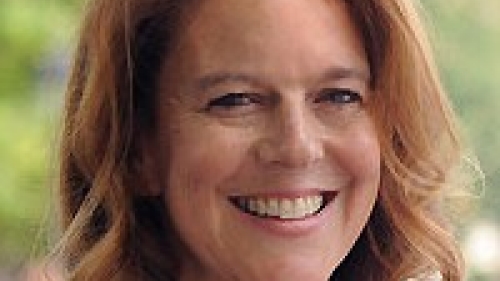
Niobe Way, professor of applied psychology at NYU Steinhardt, linked the declining rates of men enrolled in higher education in part to a culture that privileges the male over female and has historically viewed gender expression through the lens of the gender binary.
“The struggle is about what we've stereotyped as masculine and what we've stereotyped as feminine. And essentially what we've stereotyped as masculine is hard thinking and having reason. And what we've stereotyped as feminine is being soft, having feelings, and being emotional,” Way said. She added that as boys enter adolescence, they become alienated from what they perceive as feminine and higher education reflects this split.
She noted that for men, college provides an opportunity to study STEM fields, which are regarded as masculine. Men are rarely encouraged to study the "the softer professions,” like teaching and the humanities.
“Basically, the goal in life should be, as a manly man, to make a lot of money,” said Way. “And college, weirdly enough, becomes feminized except for the STEM fields.”
Finding New Outreach Strategies
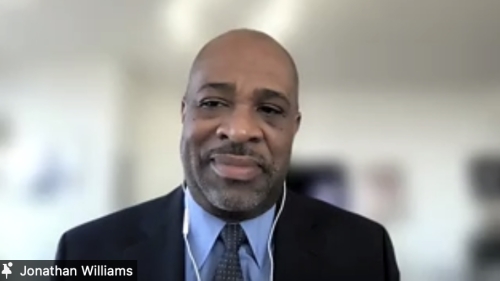
“If the men are missing, I'm charged with finding them and finding out where they are,” said Jonathan Williams, NYU’s assistant vice president for undergraduate admissions. Williams oversees the recruitment selection and evaluation process for NYU’s three degree-granting campuses. In the past several years, he has seen a decline of admissions acceptances from white and Asian men at NYU. Williams noted that this could be reflective of an overall trend as students from all demographics are declining acceptances.
“We do a lot of work in admissions to really understand what are the aspects of our institutional appeal to different types of communities,” Williams said, emphasizing the importance of representing students from all backgrounds and identities on campus.
He noted that outreach not only needs to be inclusive, but involves learning what students’ path to college might be and designing materials and conversations around those findings. His team has used data gleaned from social media channels to create strategic campaigns that target specific audiences. They have featured male-identified students in Instagram takeovers -- though men represent 27% of Instagram users -- to recruit potential students.
One question remains: Why go looking for the men who have opted not to pursue a college education?
“There's a richness to the learning that happens and the development that happens when multiple perspectives are represented in a classroom or in a social environment,” Williams said.
Related Articles
NYU Steinhardt Celebrates Prestigious Faculty and Alumni Awards
The Steinhardt School celebrates faculty and alumni whose powerful, visionary work has been honored with prestigious awards.
NYU Steinhardt Announces 2021-2022 Dean’s Scholars-in-Residence
Kaya Henderson, Danielle Nierenberg, and Julie Tolentino bring expertise in education, food systems, and performance art as NYU Steinhardt’s 2021-2022 Dean’s Scholars-in-Residence.
Steinhardt Alumni Attend White House LGBTQ+ Pride Event
Patience Carter (BS ’20), a survivor of the Pulse Nightclub massacre, and Chris Mosier (MA ’12), a trans advocate and triathlete, attended a Pride Month event hosted by President Biden and Dr. Jill Biden at the White House.

